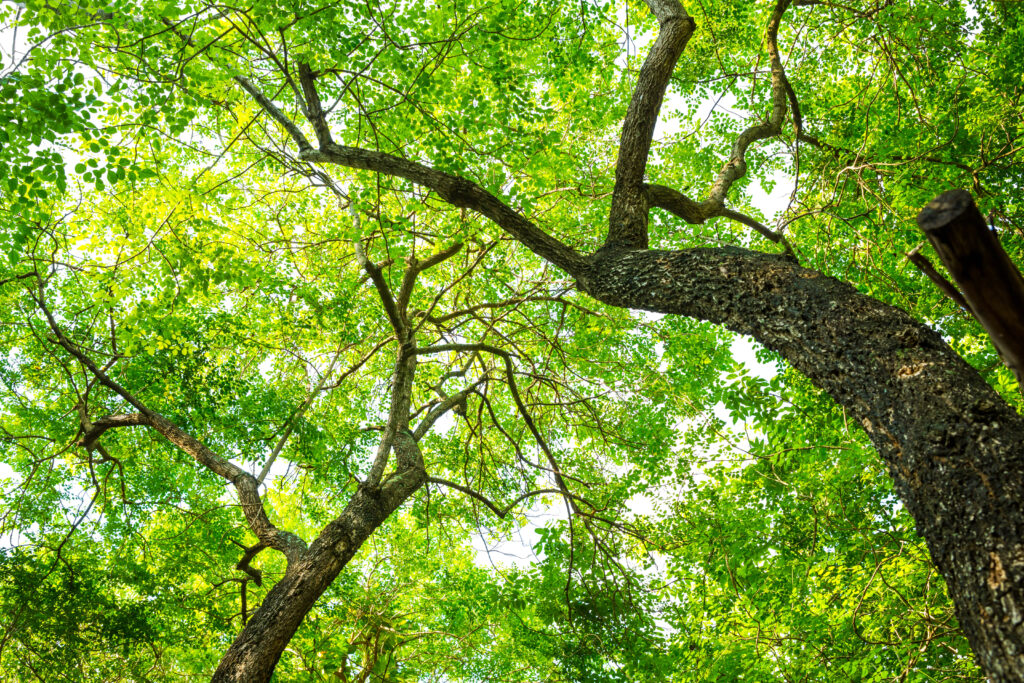Owners of large land holdings may believe that the only way they can lessen their tax burden and/or realize the value of their property is to sell their land for development. This is not necessarily true. Below are some ways for you to ensure that your property remains undeveloped. If you are interested in talking with one of our board members about making a gift of land, please contact us.
Outright conveyance
Land may be transferred to The New Roxbury Land Trust by donation, "bargain sale," or sale at fair market value. In some cases, restrictions may be imposed on future use of the property, according to the donor's wishes.
Conservation easement (conservation restriction)
A conservation easement is a legal agreement that a property owner makes to restrict the type and amount of development that may occur on all or part of a property to preserve natural/historic resources. The restrictions documented in the easement are tailored to the particular property and the owner’s interests. An easement "runs with the land," which means that the original owner and all subsequent owners are bound by its restrictions.
Remainder interest
In making a gift of land with a residence on the property, a life estate may be reserved that permits use of the property (farm and/or residence) for the remainder of the donor's life, and, if the donor wishes, for the lives of the spouse and children.
There are many other ways to support land conservation efforts, including giving the "right of first refusal" to a land trust or lease of land to a land trust so that it may continue to be productive. These are just a few ways to protect your land. Please get in touch with us to learn more or to discuss your own needs and interests.

